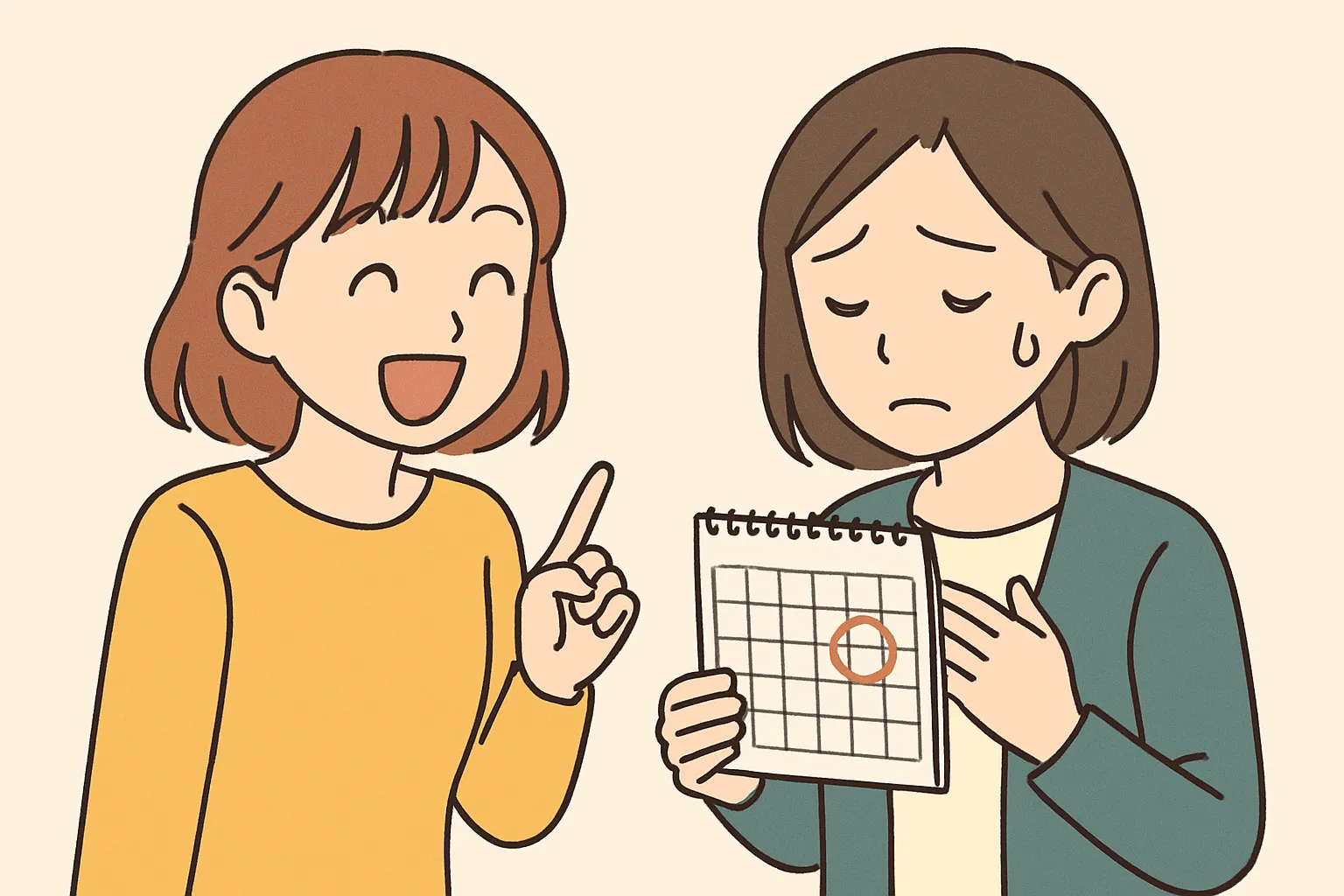My First Solo Trip! Korean Phrases to Share Your Adventure
Hello! Welcome to [Maeil Hangeul], here to upgrade your Korean skills!
Have you ever traveled all by yourself? That feeling of freedom, excitement, and maybe a little bit of nervousness? Today, we’re going to learn how to share that amazing experience in Korean!
Lately in Korea, ‘혼행’ (honhaeng), or solo traveling, is a huge trend, especially among young people. You see it all over YouTube vlogs and popular TV shows like “I Live Alone” (나 혼자 산다). So, whether you’ve already had your own solo adventure or are just dreaming of one, these expressions will help you tell your story just like a local!
Let’s get started!
Core Expressions You Need to Know
Here are some essential phrases to describe your first solo travel experience.
1. -(으)ㄴ 적이 있다/없다 (eun jeogi itda/eopda)
- Pronunciation [Romanized]: -(eu)n jeo-gi it-da / eop-da
- English Meaning: to have/not have the experience of (doing something)
- Detailed Explanation: This is the perfect grammar pattern to talk about past experiences! You attach it to a verb stem to say whether you’ve done something before. If the verb stem ends in a vowel, you use -ㄴ 적이 있다/없다. If it ends in a consonant, you use -은 적이 있다/없다. It’s a must-know for storytelling!
- Example: 한국에 간 적이 있어요. (I have been to Korea before.)
- Example: 김치를 만든 적이 없어요. (I have never made kimchi.)
2. 설레다 (seolleda)
- Pronunciation [Romanized]: Seol-le-da
- English Meaning: To be excited and nervous; to have butterflies
- Detailed Explanation: This word is more than just ‘excited’ (신나다).
설레다describes that heart-fluttering feeling you get before a first date, seeing your favorite idol, or… starting your first solo trip! It captures that mix of happy anticipation and slight nervousness perfectly. Use it to describe your feelings before you left.
3. 생각보다 (saenggakboda)
- Pronunciation [Romanized]: Saeng-gak-bo-da
- English Meaning: More than I thought / better (or worse, etc.) than expected
- Detailed Explanation: Reality is often different from our expectations, right?
생각보다is a super useful adverb that means “compared to what I thought.” You can use it with any adjective to express a surprise.- Example: 음식은 생각보다 매웠어요. (The food was spicier than I thought.)
- Example: 부산은 생각보다 훨씬 아름다웠어요. (Busan was way more beautiful than I expected.)
4. 기억에 남다 (gieoge namda)
- Pronunciation [Romanized]: Gi-eo-ge nam-da
- English Meaning: To be memorable; to stick in one’s memory
- Detailed Explanation: This literally means “to remain in memory.” It’s a beautiful and common way to say that an experience was unforgettable. You can use it to wrap up your story and emphasize how special the trip was.
- Example: 그 여행은 정말 기억에 남아요. (That trip is really memorable.)
Example Conversation
Let’s see how these expressions work in a real conversation between two friends, Sora and Ben.
소라 (Sora): 벤 씨, 혼자 여행한 적이 있어요?
(Ben, have you ever traveled alone?)
벤 (Ben): 네, 작년에 제주도에 혼자 가봤어요. 처음이라서 떠나기 전에 정말 설렜어요.
(Yes, I went to Jeju Island by myself last year. It was my first time, so I was so excited before I left.)
소라 (Sora): 와, 어땠어요? 힘들지 않았어요?
(Wow, how was it? Wasn’t it difficult?)
벤 (Ben): 생각보다 훨씬 좋았어요! 자유롭게 다닐 수 있어서 정말 기억에 남는 여행이었어요.
(It was so much better than I thought! Being able to go wherever I wanted freely made it a truly memorable trip.)
Culture Tip: The Rise of ‘Honhaeng’ (혼행) in Korea
As we mentioned, ‘혼행’ (honhaeng) is a hot trend in Korea. The word is a combination of:
* 혼 (hon) from 혼자 (honja – alone)
* 행 (haeng) from 여행 (yeohaeng – travel)
Why is it so popular? The Korean Z-generation highly values personal time, freedom, and self-discovery. A solo trip is the perfect way to recharge and create unique content for their Instagram or YouTube channel.
Pro Tip: If you want to sound really trendy, you can tell your Korean friends, “저 이번에 혼행 가요!” (I’m going on a solo trip!). They will be impressed that you know this modern slang!
Let’s Review & Practice!
Great job today! We learned some fantastic expressions to talk about our travel experiences: -(으)ㄴ 적이 있다/없다, 설레다, 생각보다, and 기억에 남다.
Now, let’s test your knowledge!
- Fill in the blank:
- Your friend asks if you’ve ever been to a K-pop concert. How do you say, “Yes, I have been to a concert before”?
- 콘서트에 ___________ 있어요.
- Make a short sentence:
- Imagine you just tried tteokbokki (떡볶이) for the first time and it was much more delicious than you expected. What would you say using 생각보다?
Leave your answers in the comments below! Have you ever traveled solo? We’d love to hear your story using the phrases we learned today






